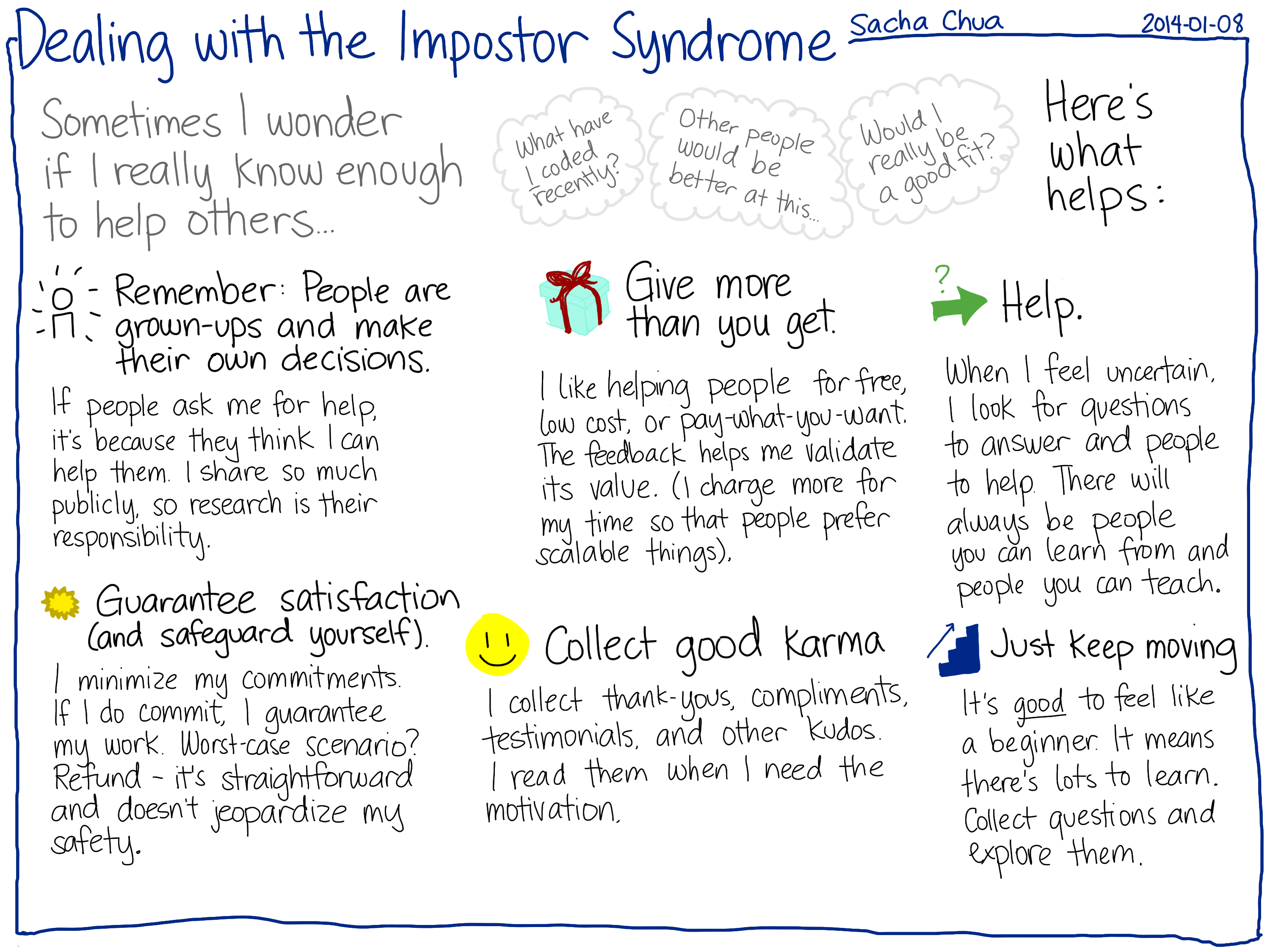In the modern age, many individuals struggle with mental and emotional challenges that hinder their success. Among these, procrastination, emotional dependency, and impostor syndrome are some of the most common challenges. But how can we overcome them?
This article, we will dive into the causes and solutions these three challenges. By understanding their impact and learning to manage them effectively, you can take control of your life.
What is Procrastination?
Procrastination is the act of delaying tasks despite knowing their importance. This behavior is frequently linked to emotional or psychological factors, such as anxiety or self-doubt.

When procrastination takes over, can be o que é síndrome do impostor far-reaching. To o'que e dependencia emocional combat procrastination requires developing better habits and breaking tasks into smaller steps. Consider techniques like the Pomodoro Technique or focusing on time-bound goals to stay on track.
What is Emotional Dependency?
Emotional dependency is a state where a person depends excessively on external relationships to fulfill their emotional needs. Although relationships are fundamental, emotional dependency turns detrimental when it leads to a lack of independence.

Common signs of emotional dependency include a fear of rejection, difficulty making decisions independently, and an overwhelming need for reassurance. Breaking free from this pattern, it’s crucial to develop self-awareness and learn to validate yourself internally. Therapy, mindfulness practices, and journaling can be helpful tools.
Recognizing and Managing Impostor Syndrome
Impostor syndrome is the persistent belief where someone feels like a fraud despite evident success. People with impostor syndrome tend to undermine their abilities rather than recognizing their talent and hard work.

This mindset can lead to anxiety, self-doubt, and a fear of being “exposed”. To overcome impostor syndrome involves reframing negative thoughts and acknowledging personal successes. Engaging in supportive discussions and embracing self-compassion can support personal growth.
How to Address These Challenges?
Here are some practical steps:
- Create a routine to combat procrastination and set achievable goals.
- Recognize triggers that contribute to your emotional reliance and foster personal resilience.
- Acknowledge your strengths regularly and seek professional guidance if needed.
Consistency is key, so keep practicing these methods to achieve lasting transformation.
Moving Forward from Mental Barriers
These challenges may seem daunting, but you can overcome them by taking deliberate action. With awareness and consistent effort, you open the door to personal growth.
Start today by recognizing these patterns in your life and adopting simple, actionable strategies. Remember: progress is a journey, not a destination.